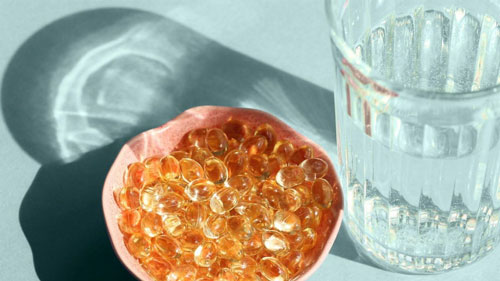THE study was unable to rule out the possibility that people who are deficient in vitamin D may benefit from taking a supplement.
The idea that a cheap, safe, and readily available supplement can help shield people against infection with SARS-CoV-2 and severe disease is appealing.
However, to date, the evidence that vitamin D really does protect against Covid-19 has been mixed.
The vitamin is essential for maintaining healthy bones and muscles, but there is also good evidenceTrusted Source that it provides some protection against contracting infections of the respiratory tract.
Stay informed with live updates on the current Covid-19 outbreak and visit our coronavirus hub for more advice on prevention and treatment.
So, in theory, it could protect against Covid-19, principally a respiratory infection.
Another line of evidenceTrusted Source in its favor is the observation that people susceptible to vitamin D deficiency — including those with obesity, older adults, and individuals of Black or Asian ethnic origin — are also vulnerable to Covid-19.
An unpublished study found a link between mean levels of vitamin D in the populations of 20 European countries and the number of Covid-19 cases and mortality rates in the countries.
Several studies have found an association between vitamin D status and subsequent Covid-19 infection.
For example, one studyTrusted Source discovered that people found to be deficient in the vitamin were more likely to test positive for the infection up to a year later.
However, the scientists behind this research emphasized that only randomized clinical trials could provide definitive evidence that vitamin D supplementation can prevent Covid-19 and therefore save lives.
This is because observational studies like theirs are vulnerable to two statistical problems, known as “confounding” and “reverse causation.”
Confounding occurs when another variable that the researchers have not fully accounted for influences the outcome.
For example, older age and chronic disease affect not only a person’s levels of vitamin D but also their risk of Covid-19.









